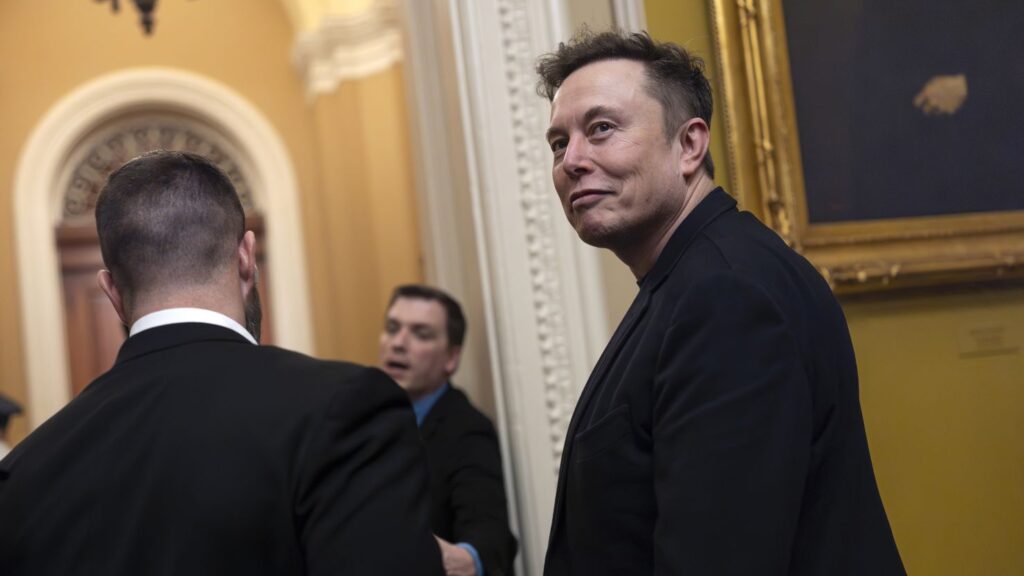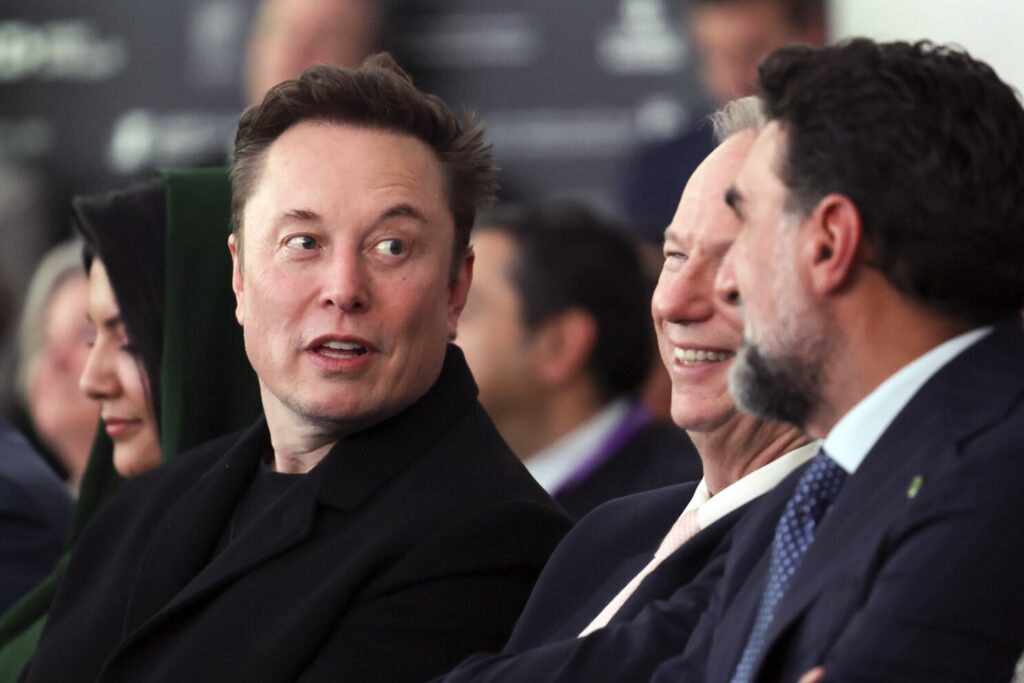In a major political gamble that drew national attention, billionaire entrepreneur and political figure Elon Musk poured millions of dollars into Wisconsin’s 2025 Supreme Court election in support of conservative candidate Brad Schimel. But despite the record-breaking spending and high-profile backing, the bid fell short.
Liberal candidate Judge Susan Crawford emerged victorious on Tuesday night, securing approximately 55% of the vote and preserving the court’s 4–3 liberal majority. Her win marked a significant moment in state politics and a major defeat for Musk, who had aimed to shift the ideological balance of the state’s highest court.
Unprecedented Spending
Elon Musk, currently serving as a senior advisor in former President Donald Trump’s administration, played an unusually direct role in the race. Through his political action committees, Musk funneled over $25 million into Schimel’s campaign — the largest single contribution ever recorded in a judicial election in U.S. history. Much of the money was used for a flood of digital and television ads, mailers, and ground campaigns across Wisconsin.
Musk’s PAC, America PAC, also spearheaded a controversial petition campaign offering cash incentives for voter mobilization against so-called “activist judges.” Critics called the initiative unethical and accused it of attempting to buy judicial influence. Legal challenges quickly followed, although courts allowed the campaign to continue with close monitoring.
A Blow to Musk’s Political Influence

Despite the scale of investment, the voters chose Crawford in what many analysts are calling a rebuke of big money influence in judicial races.
“Justice does not have a price, and our courts are not for sale,” Crawford said during her victory speech in Madison. She pledged to uphold the independence of the judiciary and reaffirmed her commitment to protecting voting rights and legal transparency.
The loss represents a rare political setback for Musk, who has increasingly used his platform and resources to shape American politics. Although he remains a dominant force in tech and policy, this outcome highlighted the limitations of financial clout in local and state elections.
Why This Election Mattered?
Wisconsin’s Supreme Court holds significant sway over state policy, especially on contentious issues like redistricting, voting laws, and reproductive rights. A shift in the court’s balance could have major implications ahead of the 2026 gubernatorial race and future presidential elections, given Wisconsin’s key role as a swing state.
Earlier decisions by the court, including rulings on gerrymandered maps and absentee ballot access, have made it a political flashpoint. Crawford’s victory ensures that the court will likely continue supporting more progressive legal interpretations.
Legal and Ethical Concerns
The heavy spending and controversial tactics in this election have raised concerns about the influence of outside money on judicial integrity. Watchdog groups such as The Brennan Center for Justice and Common Cause Wisconsin condemned the scale of political contributions and urged legislative reforms.
“We are treading dangerously close to a justice system for the highest bidder,” said Jay Heck, executive director of Common Cause Wisconsin. “This election should serve as a wake-up call.”
While campaign finance laws permit large donations to PACs, critics argue that judicial races should be held to a different ethical standard. The Wisconsin Ethics Commission is reportedly reviewing complaints related to the Musk-funded campaign strategies.
What Happens Next

With the election settled, the Wisconsin Supreme Court is expected to soon hear cases that could impact the 2026 legislative maps and revisit recent laws on election procedures. Crawford is anticipated to play a central role in shaping those decisions.
Meanwhile, Musk and his allies are reportedly reassessing their future strategies for engaging in state-level politics. Insiders say the loss may temper future high-dollar interventions in judicial contests.
Final Takeaway
Elon Musk’s attempt to tip the scales of justice in Wisconsin ended in defeat, despite unprecedented financial backing. The result not only cements the liberal control of the state Supreme Court but also sends a broader message about the limits of money and power in American democracy.
For voters and policymakers alike, the 2025 Wisconsin Supreme Court election serves as a case study in the tension between political ambition, judicial independence, and the will of the people.

Vikas is a seasoned finance writer with a keen eye for unraveling complex global financial systems. From government benefits to energy rebates and recruitment trends, he empowers readers with actionable insights and clarity. When he’s not crafting impactful articles, you can find him sharing her expertise on Social Media. You can connect with him via email at [email protected].









